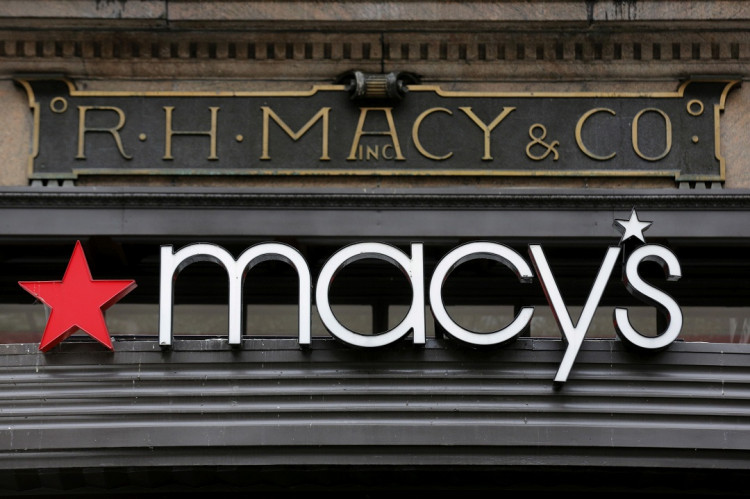Macy's announced Wednesday it had concluded a forensic investigation into an accounting scandal involving an employee who intentionally concealed $151 million in delivery expenses over nearly three years. The revelation, which delayed the department store chain's quarterly earnings report, underscores the challenges facing the retailer as it attempts to navigate a difficult period of transformation.
The unnamed accounting employee, who managed small-package delivery expenses, was found to have deliberately entered false accrual figures from the fourth quarter of 2021 through the third quarter of 2024. The concealed expenses represented a fraction of the $4.36 billion Macy's recorded in delivery costs during the same period, but the scale of the misrepresentation shook investor confidence.
"We've concluded our investigation and are strengthening our existing controls and implementing additional changes designed to prevent this from happening again and demonstrate our strong commitment to corporate governance," Macy's CEO Tony Spring said in a statement. "Our focus is on ensuring that ethical conduct and integrity are upheld across the entire organization."
The company has not disclosed the motivations behind the employee's actions, nor has it clarified whether the individual was terminated or left voluntarily. However, Macy's confirmed last month that the person is no longer with the company.
While the fraudulent entries were not deemed materially significant enough to require restating prior financial results, the timing of the scandal and the broader implications for corporate governance have intensified scrutiny of Macy's performance. The company's stock plummeted more than 11% in premarket trading Wednesday after Macy's lowered its earnings guidance, fueling frustrations among investors already weary of the company's struggles.
The retailer now expects earnings per share for the year to range between $2.25 and $2.50, a sharp downgrade from its earlier forecast of $2.55 to $2.90. The adjustment compounds the blow from missed earnings expectations, which further eroded market confidence.
Although the hidden expenses pale in comparison to the company's overall delivery costs, they exceed Macy's most recent annual net profit of $105 million. The scandal has emerged at a time when Macy's is executing a turnaround strategy to adapt to shifting consumer habits and heightened competition.
Earlier this year, Macy's announced a plan to close 150 stores over several years, reflecting its efforts to streamline operations and focus on high-performing locations. Meanwhile, the company faces pressure from activist investors who recently disclosed a significant stake in Macy's, urging the retailer to monetize its valuable real estate assets as part of broader operational changes.
Macy's swift action to tighten internal controls is aimed at preventing similar incidents in the future, but the lingering questions about how the fraud went undetected for so long have raised concerns. The retailer has yet to provide details on how the irregularities were uncovered, further fueling speculation about weaknesses in its oversight mechanisms.
The accounting scandal adds to the challenges facing Macy's as it strives to modernize and regain relevance in a rapidly evolving retail landscape. While the financial impact of the concealed expenses may be limited, the reputational damage and investor backlash underscore the importance of restoring trust and demonstrating a commitment to transparency.




